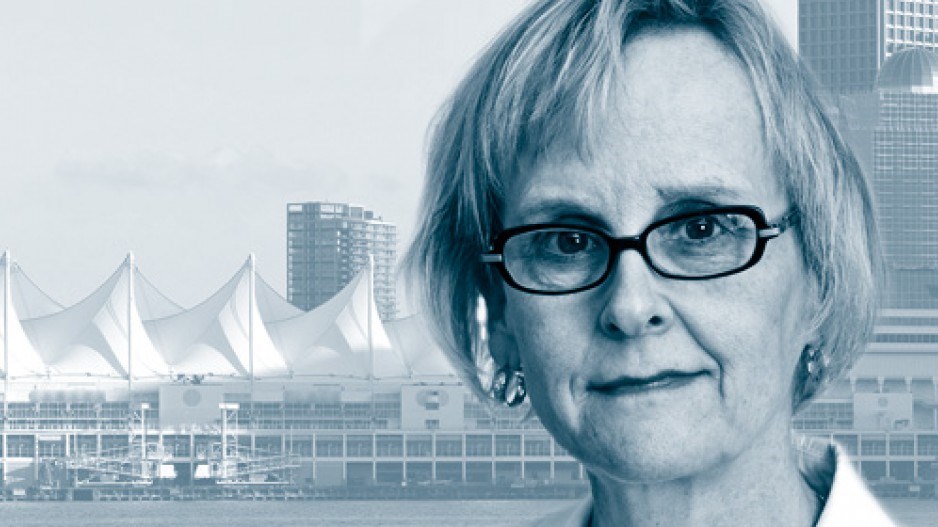The year 2018 will be the year of the “radical doer” – people whose bias to action makes them too impatient to wait for systems or consensus, convinced that if they do the right thing now, the rest will learn and follow.
Radical doers go by other names. Innovators. Iconoclasts. Disrupters. Activators.
At Simon Fraser University’s (SFU) Radical Ideas Useful to Society (RADIUS) educational program, lab and ventures, radical doers are described as the problem-solvers society needs to drive new ideas for impact. Donovan Woollard, director of RADIUS Ventures, refers to them as “pre-entrepreneurs or folks that are switched on by an idea but are still figuring out what the work is. They might go down an entrepreneurial path, where I will continue to work with them, or they may go into a non-profit sector or government or maybe into the corporate sector.”
What makes radical doers remarkable is the degree to which they can cause long-established systems to pivot. They are, after all, working at a time when the post-Second World War era of governmental leadership on issues important to civil society has come to a sputtering end. In the year ahead, leadership will come instead from people, small businesses and focused interest groups that can demonstrate ways to meaningfully address our leading concerns, including housing, transportation of people and goods, employment, income disparity, reconciliation and all of the challenges and opportunities connected with a rapidly growing and increasingly urban population.
Here in B.C., entrepreneurs are developing and promoting carbon dioxide removal systems, cleaner alternative fuels and advanced water treatment methods that challenge the dominance of public utilities and governmental environmental programs. We’re showing the world how to build sustainably with renewable wood.
Individuals, families and collectives are finding their own solutions to unaffordable housing by living comfortably outside the 1950s model of rancher and lawn, garage and driveway. Living spaces are smaller, more efficient, easier to heat and cool, and closer to work, transportation and recreation.
Without the commute, do we really need that expensive carbon-belching car? We’re voting with our feet. Increasingly, entrepreneurs are finding ways to encourage us to walk and cycle and hop on and off transit.
When we relied on the export of B.C.’s resources – fur, wood, water, coal, fruit, vegetables and energy – we needed to work in large, complex, hierarchical structures. As we mature into providers of manufactured goods, intellectual and cultural property, education, ideas and innovation, we can act more quickly and decisively in smaller, more innovative and nimble groups or clusters.
The Greater Vancouver area is leading the change.
Our universities continue to ensure Vancouver retains its worldwide reputation as a place where knowledge useful to society is grown and shared.
At SFU’s Surrey campus, a new $126 million building is being built to house an innovative energy systems and environmental engineering program to support the clean-technology and sustainable energy sector, as well as a mechatronic systems engineering program. Further programs in health systems innovation and creative technologies will follow.
The Greater Vancouver Board of Trade will issue its second regional scorecard, updating one issued in 2016, and will continue to host entrepreneurs in its Trade Accelerator Program, a new initiative that brings together business owners who are ready to tap into new markets and begin exporting their products and services abroad.
In the tech space, new entrants, more of them women, immigrants and people with diverse and divergent views, are challenging deeply entrenched norms.
We see the same pivot to action in workplaces and in the law. Women and others who have been invisible to power structures are insisting on inclusion and fairness.
None of this is without disruption. As the saying goes, when you are accustomed to privilege, equality can feel like oppression. Whether you are an innovator or simply someone who helps to smooth the path to positive change, you too may be, in 2018, a radical doer. •
Anne Giardini is chancellor of Simon Fraser University.




